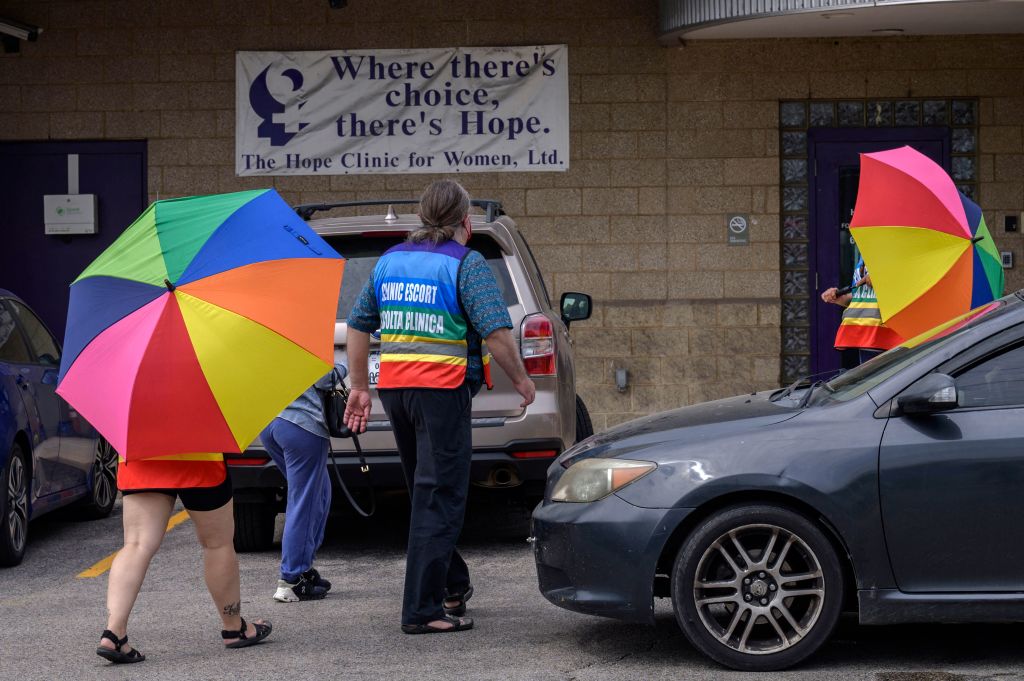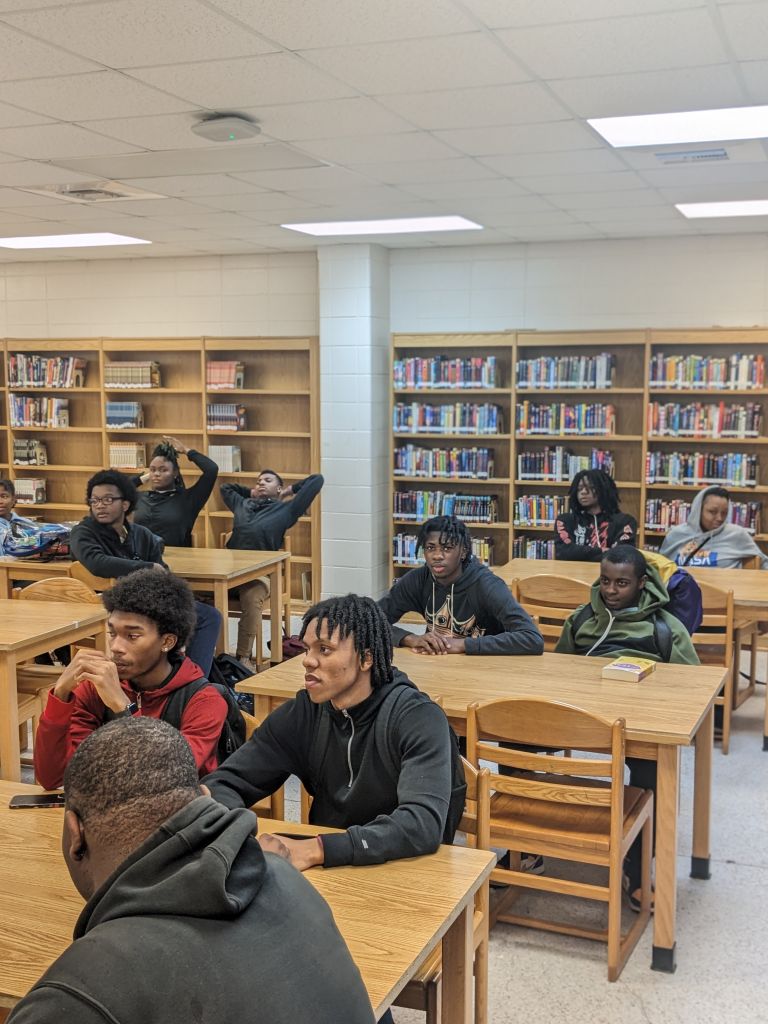
Source: Travis Harris
As the nation paused last week to commemorate the 59th anniversary of the Selma marches for voting rights that began with a day in infamy widely known as “Bloody Sunday,” a closer look reveals an elaborate agenda for people who traveled to the south central Alabama city to observe and take part in events to honor the elders who paved the way for Black people to vote in the U.S.
Tory Russell, a Ferguson Uprising Organizer, internationally recognized Black Movement Leader and Director of Organizing for the International Black Freedom Alliance, traveled to Selma for NewsOne and covered events that stretched far beyond the famed Edmund Pettis Bridge protesters famously crossed nearly six decades ago.
Keep reading to find an array of photos Russell took in Selma last week that shine a light on how elders are keeping the Bloody Sunday memory alive not only through the oral tradition of preserving history but also by incorporating a number of education-based initiatives that make sure the youth are equipped with the truth while they keep pressing forward for justice and equality.
In a poignant breakdown of the historic moment he experienced amid events marking the important moment in U.S. and Black American history, Russel explained that “what we are witnessing in Selma is a result of failed political parties and politicians selling Black people hope in every election cycle but delivering nothing; activists selling their souls for a seat at their oppressor’s table instead of building their own; and a ‘civil rights movement’ that wasn’t coined by anyone in the actual movement instead by their funders.”
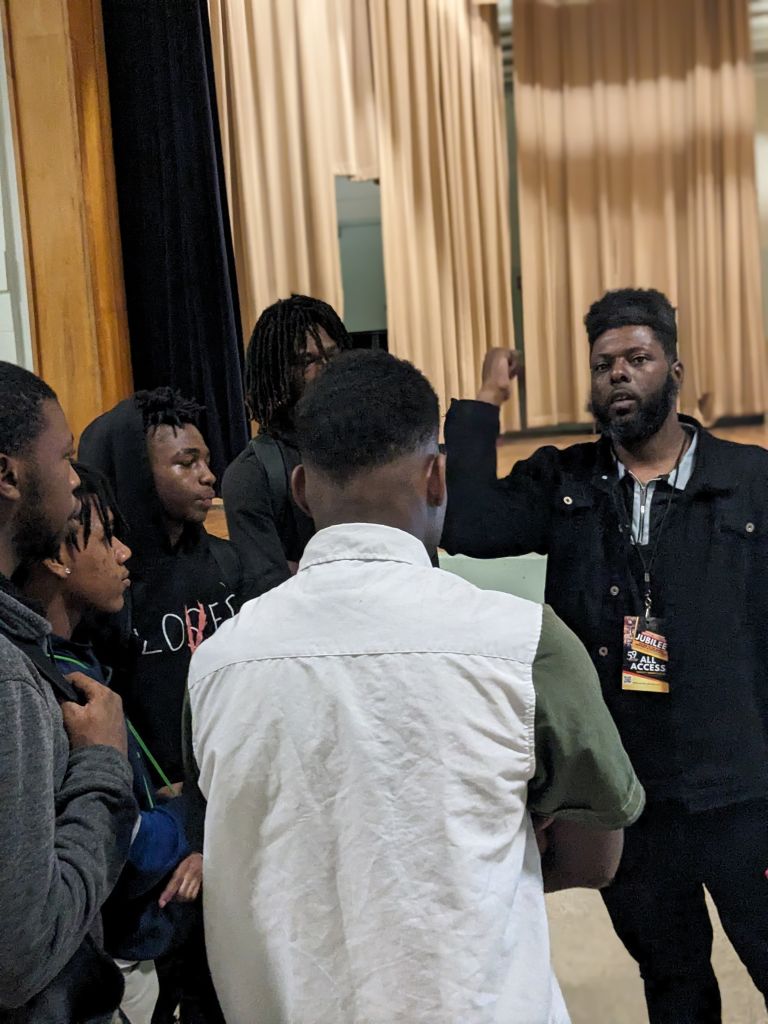
Tory Russell, at right, speaks with the youth in Selma. | Source: Travis Harris
Russell wondered: “How did the ball get dropped for two consecutive generations to sustain a movement?”
However, the movement’s spirit was in complete effect in Selma last week with events like a mock trial with Black youth from Selma High School and teach-ins at area high schools “providing valuable insight from the people involved nearly 60 years ago,” Russell wrote.
Russell documented his experience meeting with Bloody Sunday elders by recording video footage of interviews with them along with various photos from his week-long stay in the southeastern Alabama city.
Keep reading and scroll down to find some choice images captured by Russell alongside notable people like Alabama State University professor and movement scholar Dr. Robert White, Pan-African educator and author Obi Egbuna Jr. and Dr. Mae Christian, who he said “organized before, during and after Bloody Sunday all the way to the White House lawn in civil disobedience protests for rights in the late 1960s”:
“Go beyond the bridge and you’ll still see a Selma that needs a movement,” Dr. Christian told us. So we did. And what we found was that Selma was and is much more than just Bloody Sunday. Selma’s issues extend way beyond voting rights and desegregation. Their issues are the same issues that plague many Black people located in cities and towns across the U.S.
1. Selma at 59
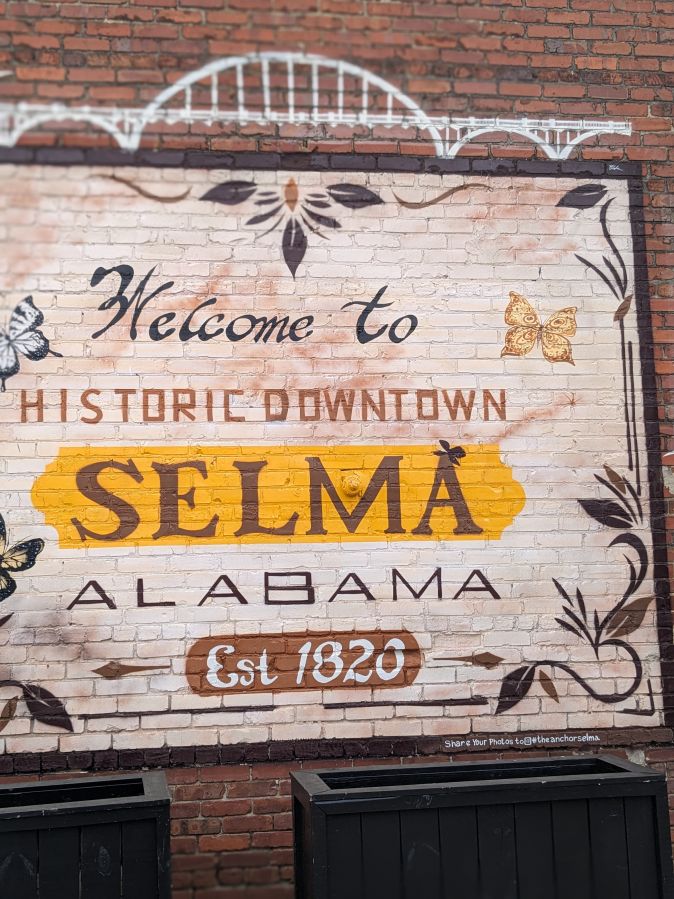 Source:Tory Russell
Source:Tory Russell
2. Selma at 59
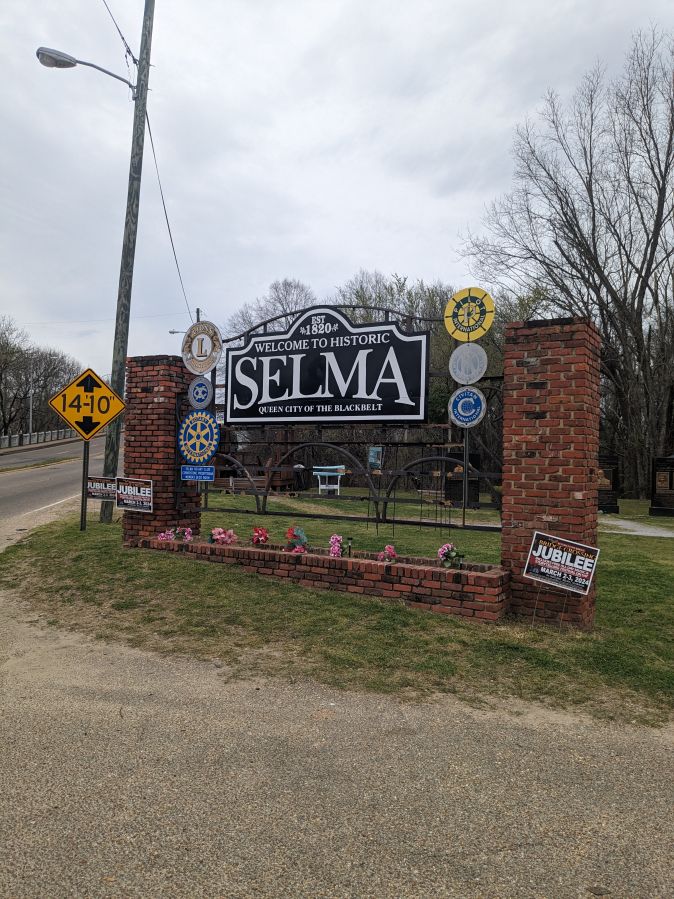 Source:Tory Russell
Source:Tory Russell
3. Selma at 59
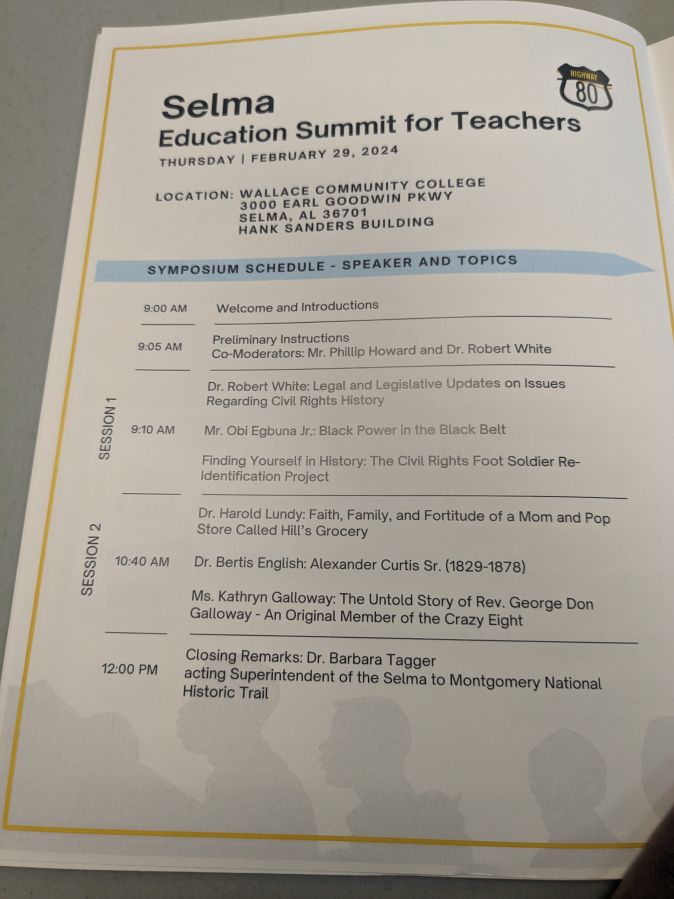 Source:Tory Russell
Source:Tory Russell
The Education Summit reflected on the 70 years that have passed since Brown v. Board of Education desegregated schools in 1954.
4. Selma at 59
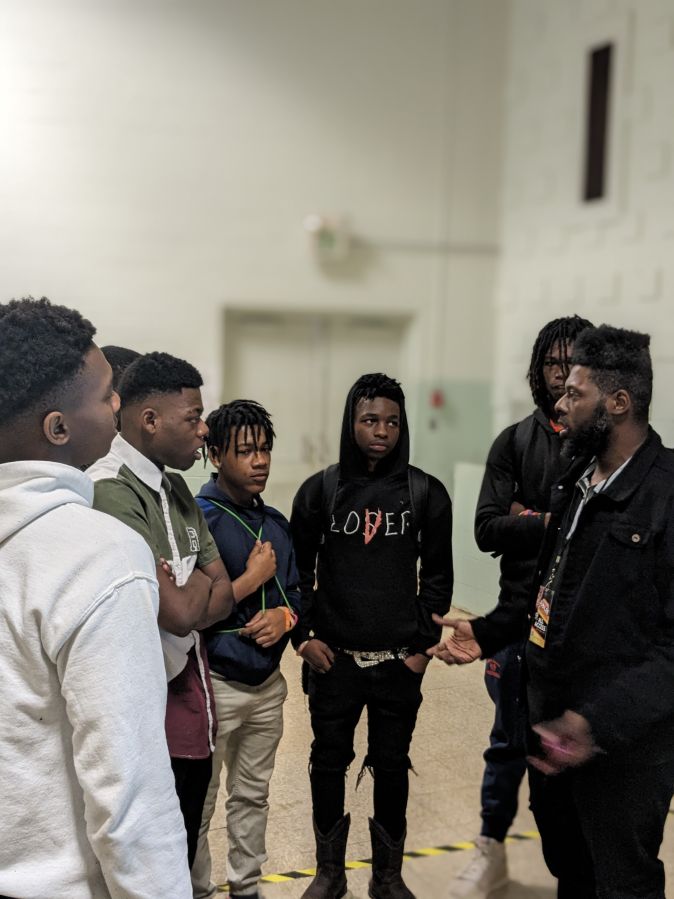 Source:Tory Russell
Source:Tory Russell
Tory Russell meets with the youth in Selma.
5. Selma at 59
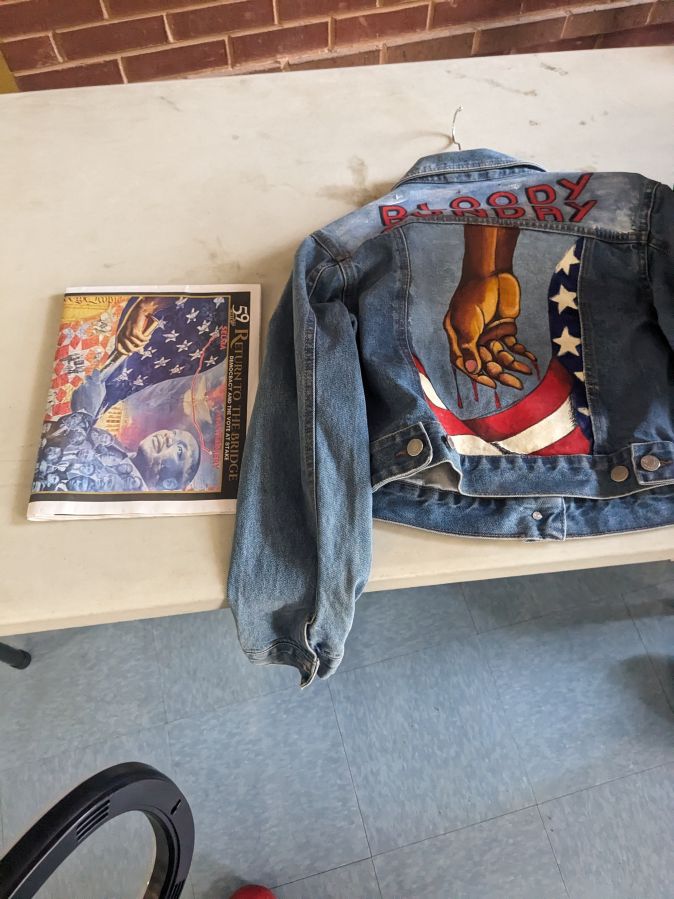 Source:Tory Russell
Source:Tory Russell
6. Selma at 59
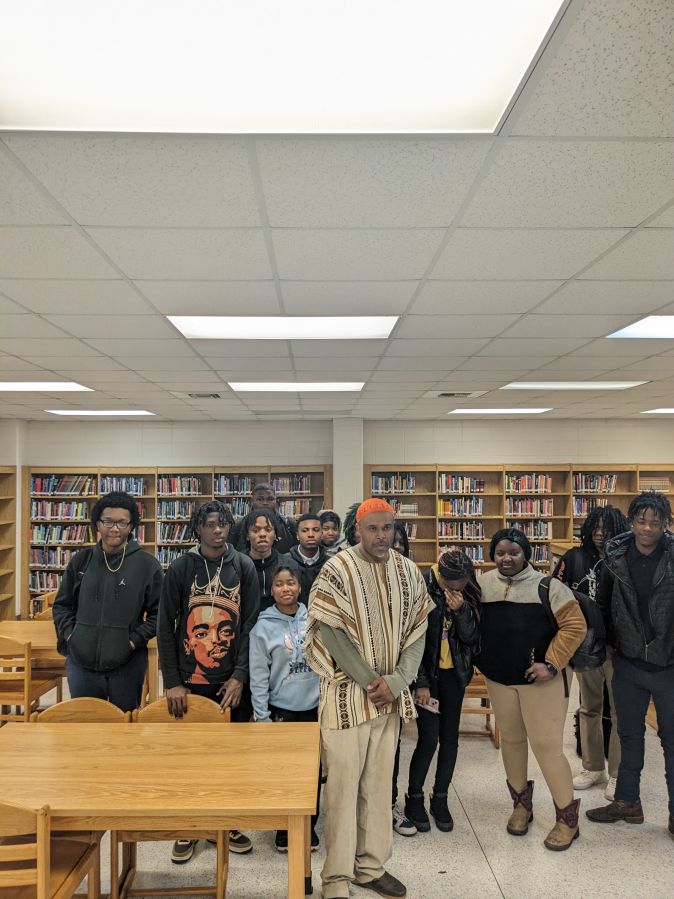 Source:Tory Russell
Source:Tory Russell
7. Selma at 59
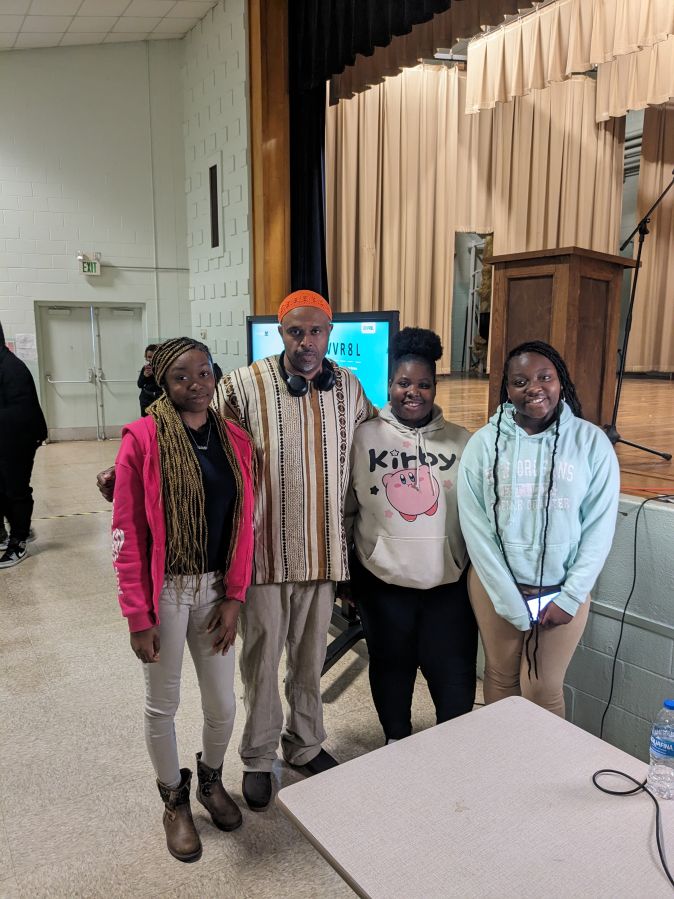 Source:Tory Russell
Source:Tory Russell
8. Selma at 59
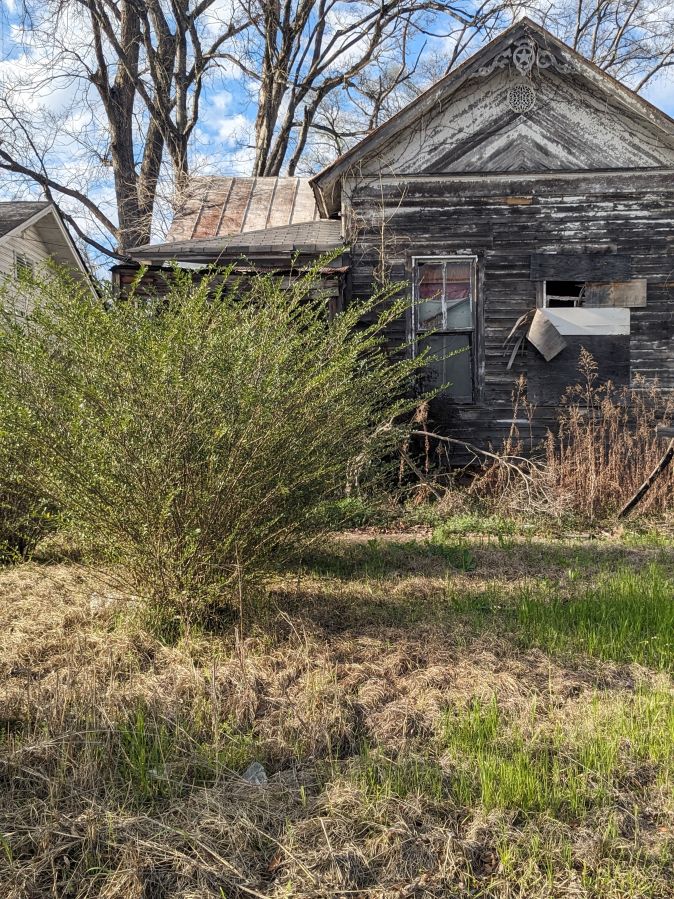 Source:Tory Russell
Source:Tory Russell
9. Selma at 59
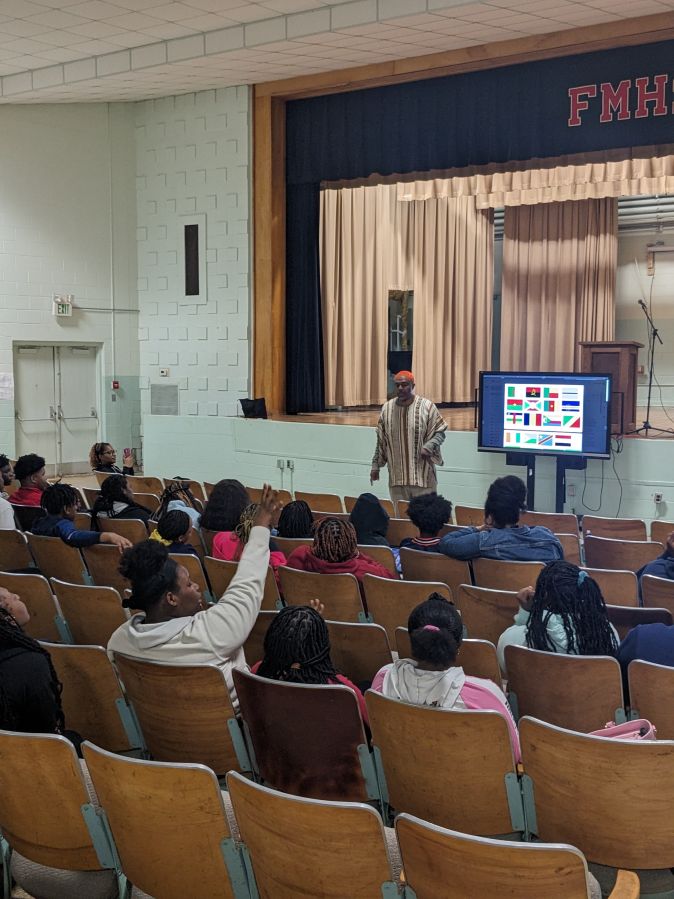 Source:Tory Russell
Source:Tory Russell
10. Selma at 59
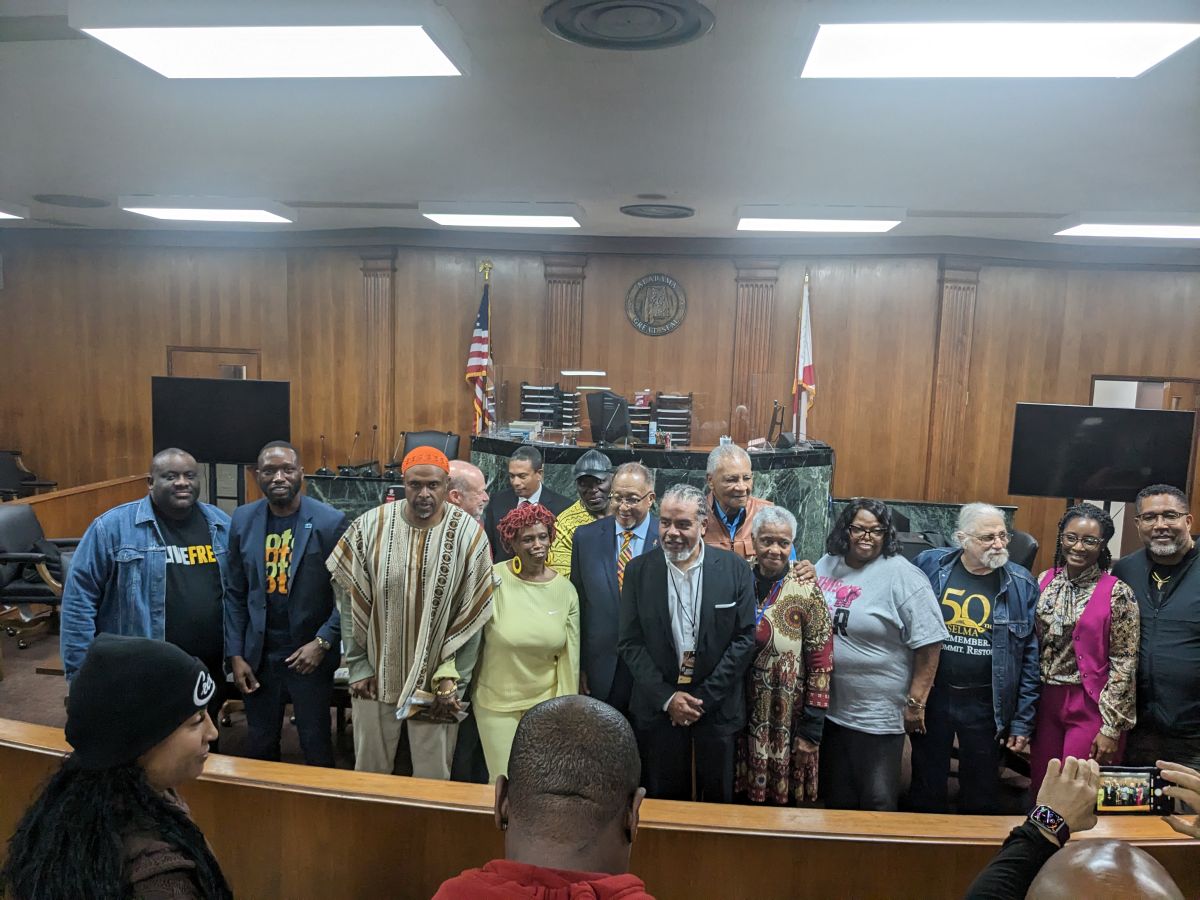 Source:Tory Russell
Source:Tory Russell
Selma 59 photos selma 59 photos
11. Selma at 59
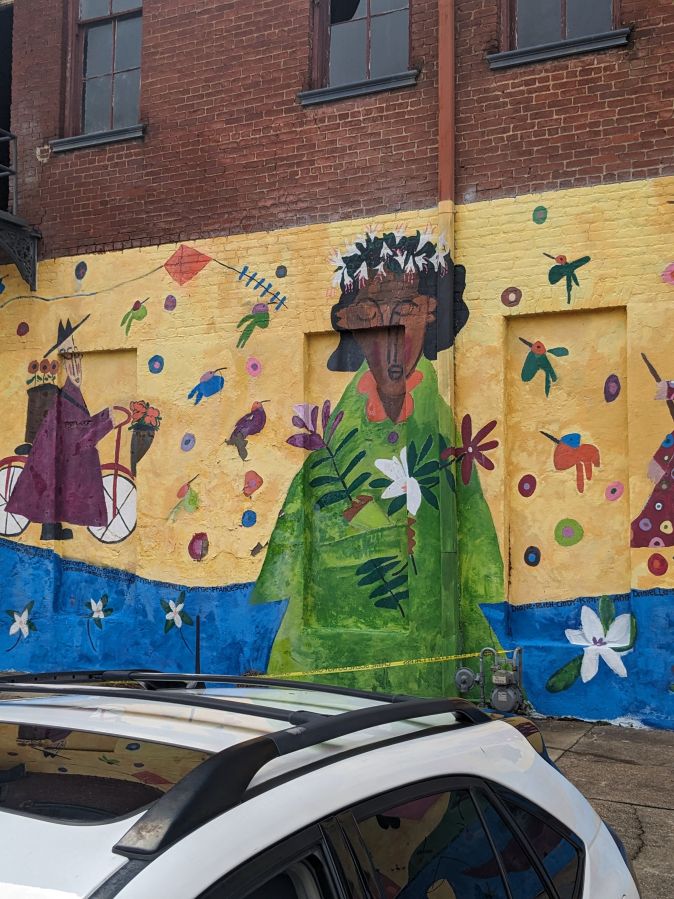 Source:Tory Russell
Source:Tory Russell
12. Selma at 59
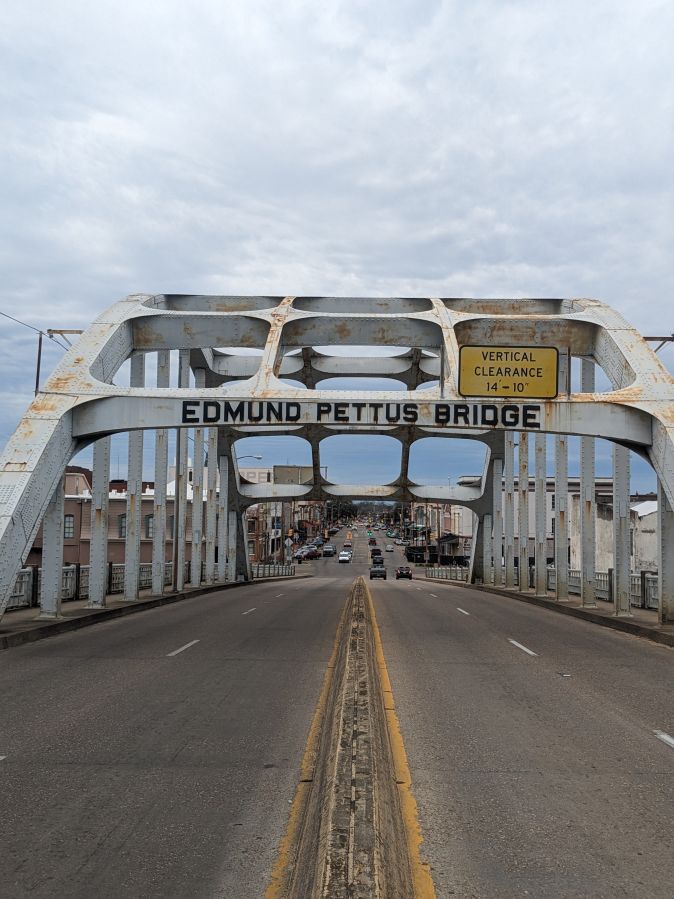 Source:Tory Russell
Source:Tory Russell
The famous Edmund Pettis Bridge in Selma that was defiantly crossed by protesters on what would forever be known in history as Bloody Sunday on March, 7, 1965.
13. Selma at 59
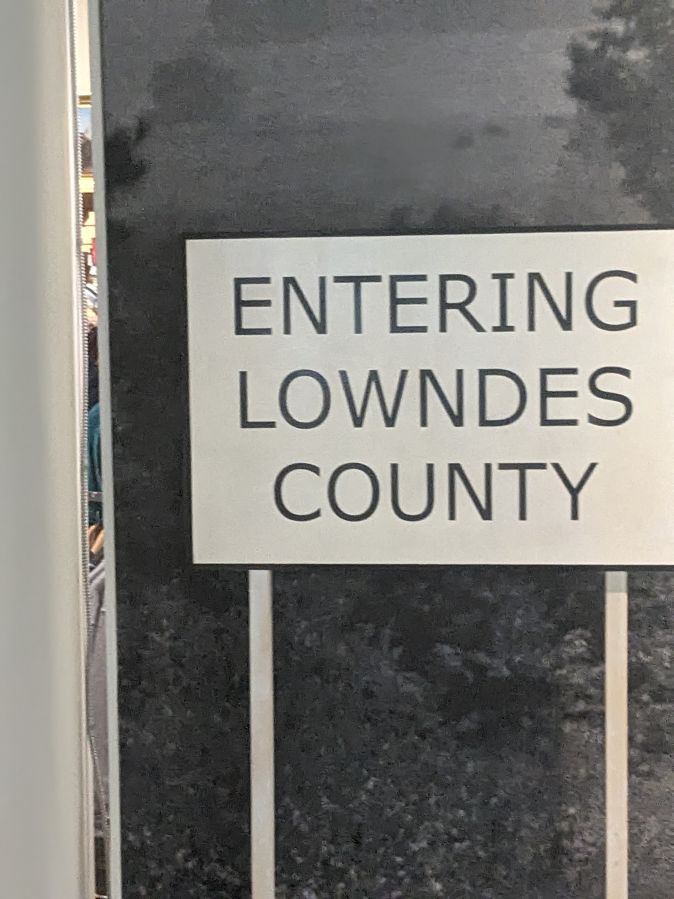 Source:Tory Russell
Source:Tory Russell
Lowndes County, Alabama, is home to Selma.
14. Selma at 59
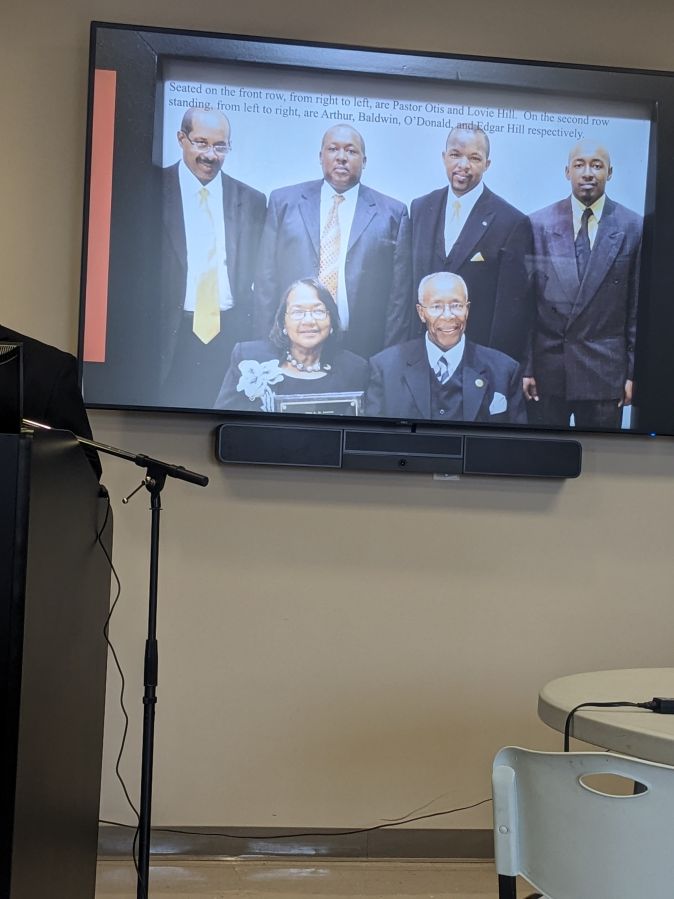 Source:Tory Russell
Source:Tory Russell
Bloody Sunday elders.
15. Selma at 59
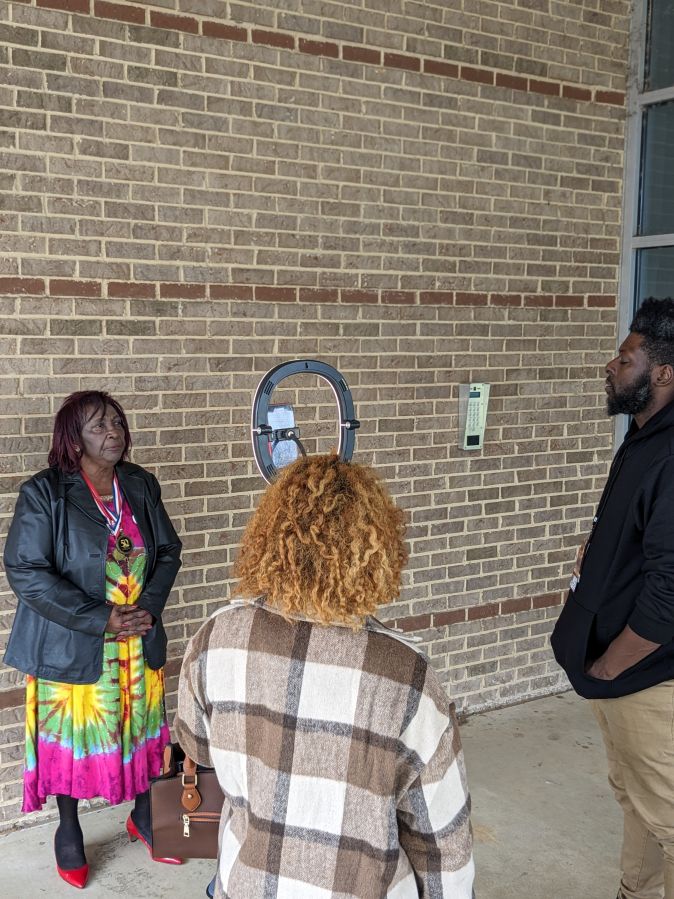 Source:Tory Russell
Source:Tory Russell
Tory Russell prepares to speak with an interview subject in Selma.









